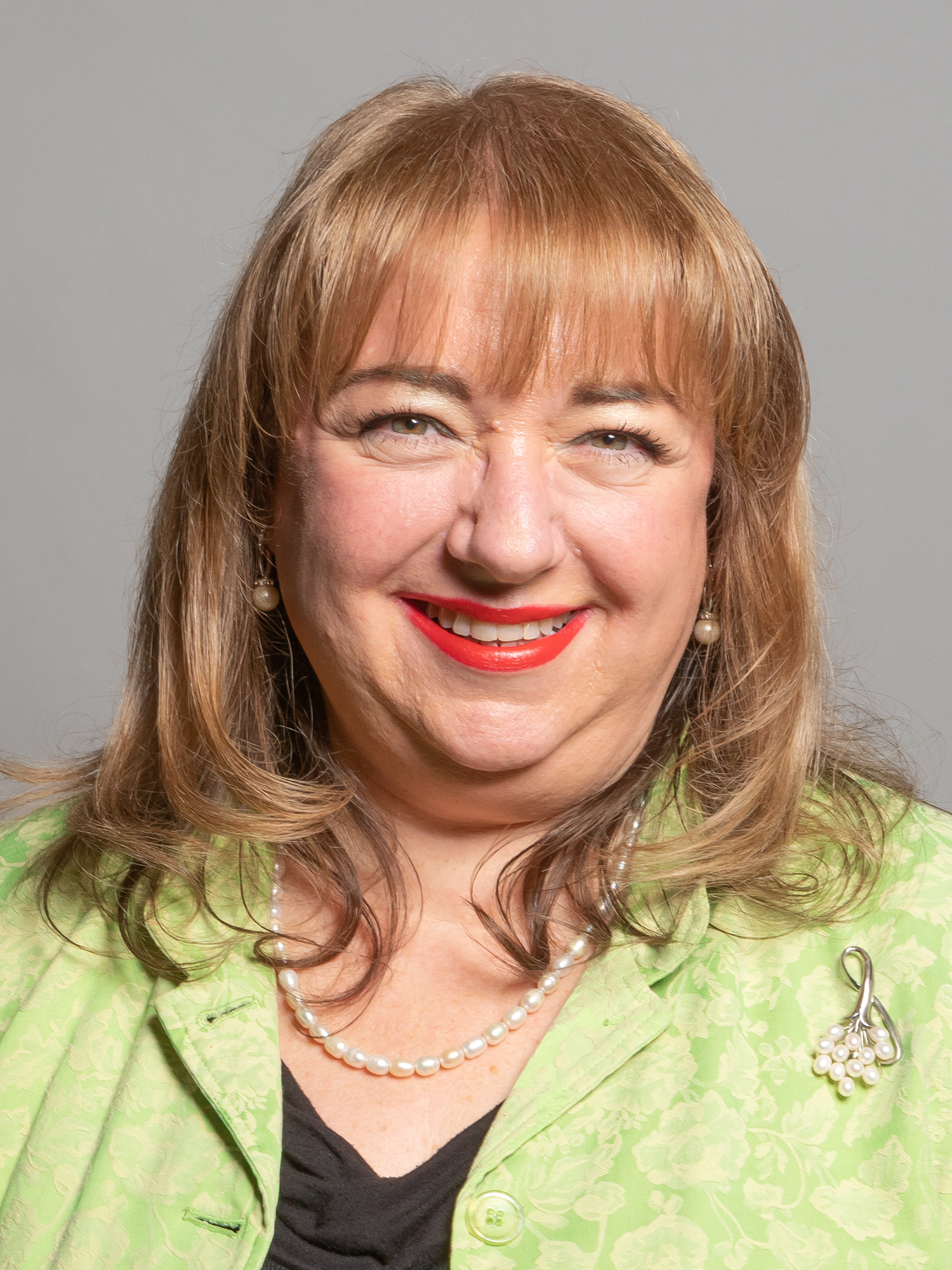I’ve been campaigning on Free School Meals for 16 years and have always told the Parliamentary history of the campaign, but whilst writing this article I found a missing piece of the story.
Policy making, of course, doesn’t happen in a vacuum. There are always many other people involved over a long period of time.
But the story I knew and told, until now, was that the Labour MP for Bradford West, Fred Jowett, had become an MP in 1906 to campaign for children to have access to free school meals.
Having worked with the Bradford School Board as a Councillor, Fred had seen how beneficial providing free school meals were to the children of Bradford and knew that it would make a difference to children across the country too.
But Fred wasn’t alone and I’m guilty in never knowing that there was actually a woman behind this campaign too: Margaret McMillan.
Margaret was a nursery school pioneer and along with Bradford’s school medical officer, James Kerr, carried out the first medical inspection of elementary school children in Britain in 1892 and began a campaign for local authorities to install bathrooms, improve ventilation and supply free school meals for children.
In 1894, Margaret was elected onto Bradford’s School Board for the Independent Labour Party, following Fred who was elected two years earlier to Bradford City Council.
Margaret had long argued that it was impossible to educate a hungry child and that if the state insisted on compulsory education, which it had since 1870, it must take responsibility for the proper nourishment of school children.
Margaret and Fred therefore started an experiment for providing free school meals at a school in Bradford. Seeing the overwhelming benefits of providing free school meals to children at the school, a scheme came into force in 1904 for all schools in Bradford, something that was actually illegal at the time.
But before Margaret could see the scheme come into place, the Conservative Government abolished school boards in 1902, and put their duties into the hands of urban, district and county councils – to which women could not be elected.
Women also couldn’t be elected to Parliament until 1918, so it was Fred who was elected in 1906 as the MP for Bradford West, to take this campaign to Westminster.
Margaret used this as a further opportunity to campaign for legislation to be introduced that would do two things: legalise local authorities providing free school meals and actively encourage local authorities to do so.
Fred used his maiden speech to support the Education (Provision Of Meals) Bill, which did just that.
Yet, Margaret’s name is not mentioned during the debate. Her work and campaigning goes without acknowledgement. And I find myself telling the male story, not the true story.
School food has come a long way since 1892 when Margaret McMillan and James Kerr published their report, but one of their recommendations still remains unanswered: free school meals.
I am proud to carry the mantle of the almost 130-year-old campaign as Chair of the All-Party Parliamentary Group on School Food (APPG), but it really shouldn’t take this long.
It is as true now as it was then: hungry children cannot learn.
And when everything else at a school – teacher, computer, textbooks – don’t come at a direct cost to the child or family, there is no real reason why food should be the exception.
I was on Free School Meals from age 7 to 16 and still remember the stigma of being separated from my friends to queue in a separate line with other children on free school meals.
But, growing up under the Thatcher Governments I knew, and still know now, how important free school meals are to families on low incomes; that meal at school was one that my mam didn’t need to worry about.
That’s why I’ve campaigned on free school meals since I first became an MP in 2005 and set up the APPG in 2010, which has been on a journey to campaign for universal free school meals, free breakfast clubs, high quality food standards – as detailed in the 2013 School Food Plan – and food provision over the summer holidays to tackle ‘holiday hunger’.
Whilst Coronavirus shined a light on existing inequalities, some of the issues that Margaret McMillan identified in 1892 onwards still very much exist.
It is the very basis of equality that we ensure that those who do not have access to food, get access to food.
I won’t stop campaigning on free school meals until every child has access to one, and from now on I’ll make sure that Margaret McMillan’s name is always mentioned when I tell the history of this campaign.
Because we stand on the shoulders of Labour women, who never got their time in Parliament, but whose legacy lives on.
Sharon Hodgson MP is the Labour MP for Washington and Sunderland West.




